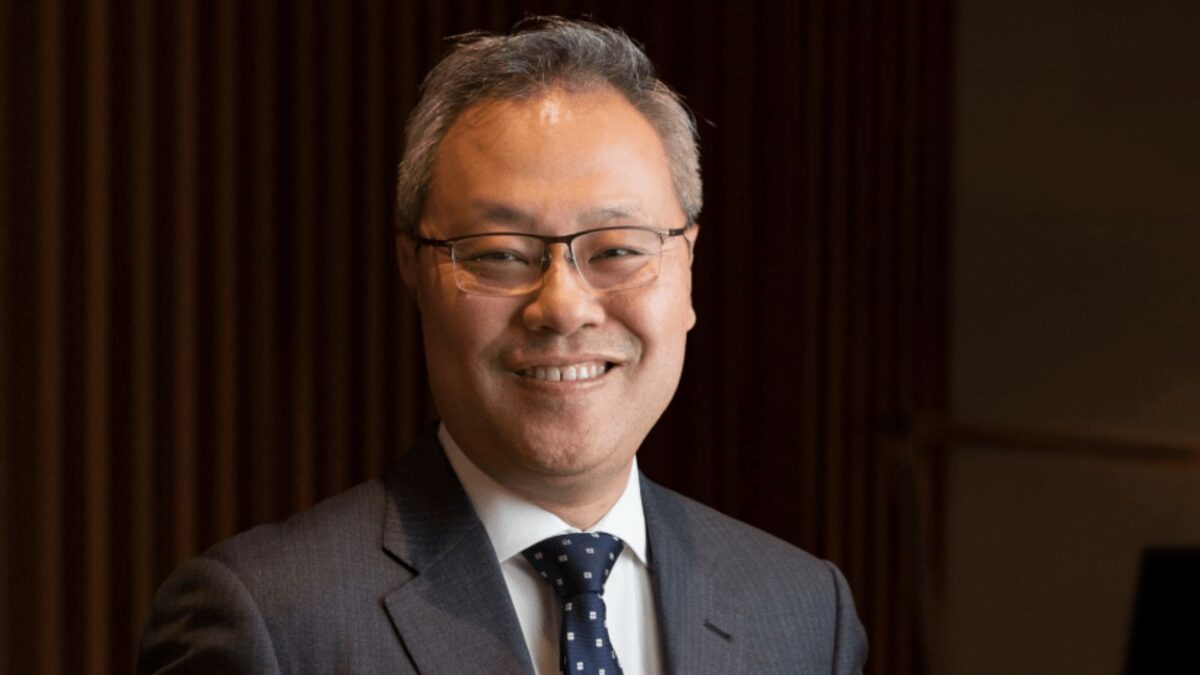Better automation needed in Asia Pac post trade
(Pictured: Matthew Chan)
Post trade processes in the Asia Pacific region are in dire need of improvement, according to a study commissioned by global transactions systems company Omgeo.
The study, one of the most comprehensive on practices in the region to date, was conducted for DTCC-owned Omgeo by Insight Asia Banking & Finance Consulting.
Omgeo director, enterprise and strategic planning APAC, Matthew Chan, said the research was commissioned to gather a level of detail that was previously lacking for the region.
“We haven’t been able to get much granularity in the Asia Pacific region,” he said.
The study was conducted via interviews with 100 senior operations executives across 13 countries.
The vast majority – 93 per cent – cited increased need for automation of post trade processes, 32 per cent wanted more straight through processing (STP) and over 20 per cent cited automation in fixed income as a priority.
Of the 13 Asia Pacific countries, Australia had the highest level of trade automation in both equities at 88 per cent, and fixed income at 69 per cent.
The region overall had an average of 71 per cent automation in equities and 55 per cent in fixed income.
“A friction point is the back office not keeping up with some of the ambitions of the front office,” Chan says.
One of the areas most lacking in automation is confirmation. In the survey it scored 6.9 out of ten for equities and 5.2 for fixed income.
“Confirmation is probably the bottleneck part of the process. It’s the piece that is least automated,” Chan says.










